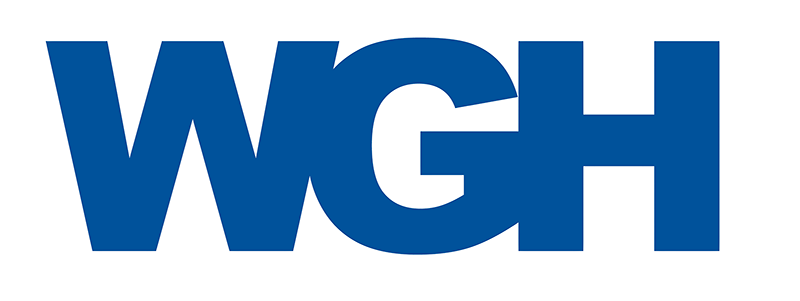August is National Immunization Awareness Month
August is a special month for health advocates and medical professionals as it marks National Immunization Awareness Month (NIAM). This annual observance serves as a reminder of the critical role immunizations play in safeguarding public health and preventing the spread of infectious diseases. As we celebrate NIAM, let's explore the significance of vaccinations, debunk common misconceptions, and highlight the impact of immunization on individuals and communities worldwide.
The Power of Vaccines: Defending Against Preventable Diseases
Immunizations have been one of the most successful public health interventions in history. Vaccines work by stimulating the immune system to produce antibodies, which protect against specific diseases. By introducing harmless versions of viruses or bacteria into the body, vaccines prepare the immune system to recognize and fight off potential threats in the future. This process not only safeguards individuals but also creates a community-wide shield known as herd immunity.
Herd Immunity: A Collective Responsibility
Herd immunity occurs when a significant portion of a population becomes immune to a disease, either through vaccination or prior infection. As more people become immune, the spread of the disease slows down, protecting vulnerable individuals who cannot be vaccinated, such as newborns or individuals with certain medical conditions. Achieving herd immunity is a collective responsibility, and each vaccinated person contributes to the overall health and safety of their community.
Debunking Vaccination Myths
Despite the overwhelming scientific evidence supporting the safety and effectiveness of vaccines, myths and misconceptions persist. It is essential to address these misconceptions and rely on evidence-based information when making decisions about vaccination. Vaccines undergo rigorous testing and continuous monitoring to ensure their safety and efficacy. The benefits of immunization far outweigh the risks, and vaccines have played a significant role in eradicating and controlling deadly diseases like smallpox and polio.
Protecting the Most Vulnerable: Vaccination and Public Health
Vaccinations are particularly crucial for vulnerable populations, including infants, pregnant women, the elderly, and individuals with weakened immune systems. By ensuring these groups are adequately vaccinated, we create a protective barrier that shields them from life-threatening illnesses. Additionally, vaccinating healthcare workers and caregivers is vital to prevent the transmission of diseases in healthcare settings.
Global Impact: Eradicating Diseases and Saving Lives
Immunizations have had a transformative impact on a global scale. Through international vaccination campaigns, diseases like measles, rubella, and tetanus have been significantly reduced in many parts of the world. Organizations like the World Health Organization (WHO) and UNICEF work tirelessly to provide access to vaccines in underserved communities, saving millions of lives each year.
COVID-19 Vaccination: A Testament to the Power of Science
The ongoing COVID-19 pandemic has highlighted the importance of vaccination in controlling infectious diseases. The rapid development and distribution of COVID-19 vaccines have demonstrated the effectiveness of global collaboration and scientific advancements. By encouraging vaccination against COVID-19, we can protect ourselves and our loved ones and hasten the return to a more normal way of life.
National Immunization Awareness Month is a time to reflect on the impact of vaccinations on public health and to raise awareness about their importance. Immunizations have proven to be a cornerstone of disease prevention, improving the well-being of individuals and communities worldwide. As we celebrate NIAM, let us remember that vaccination is not only a personal choice but also a responsibility towards the health and safety of our communities. By staying informed, supporting vaccination efforts, and ensuring everyone has access to vaccines, we can continue to protect lives and build a healthier, more resilient world.

